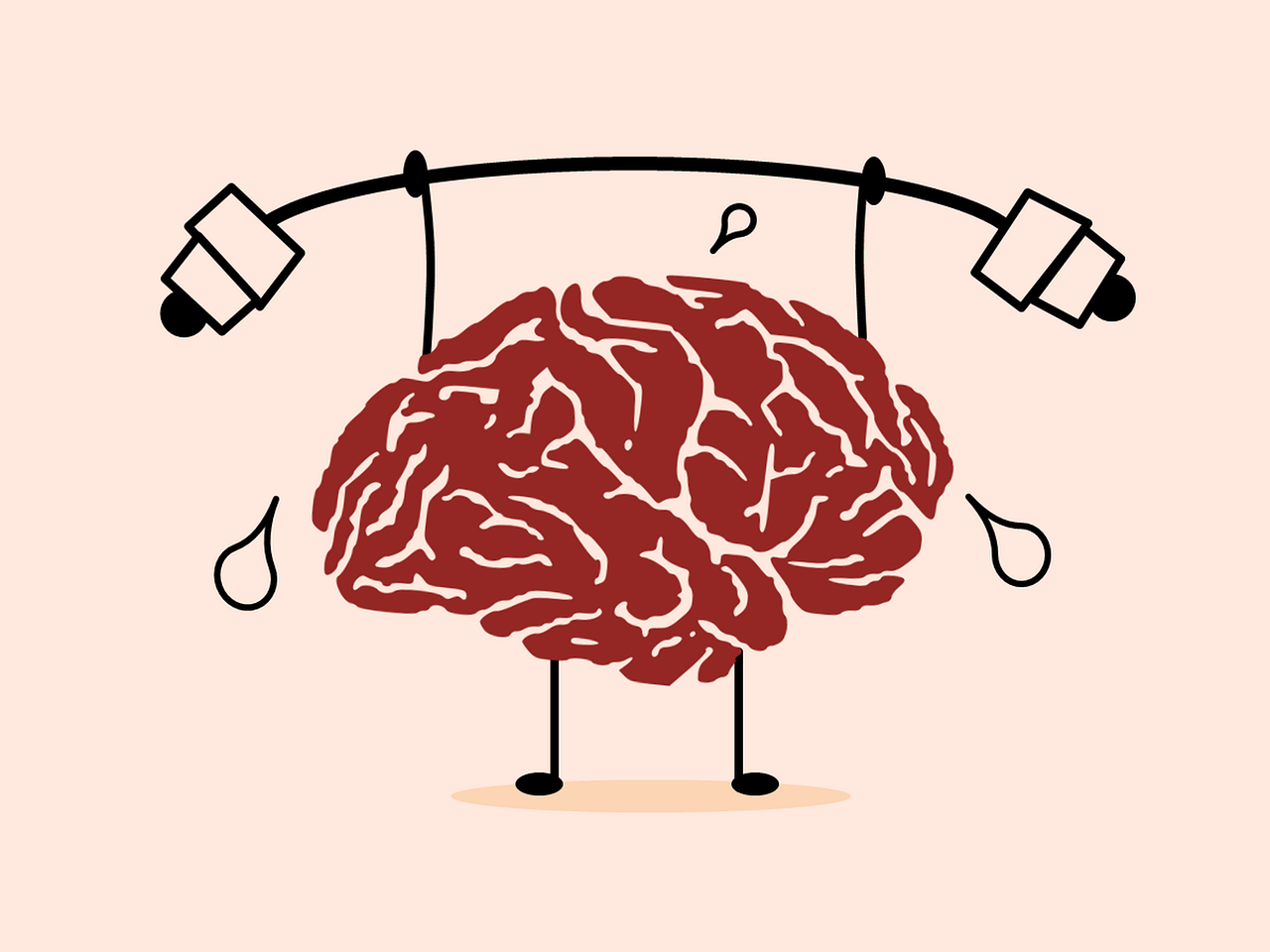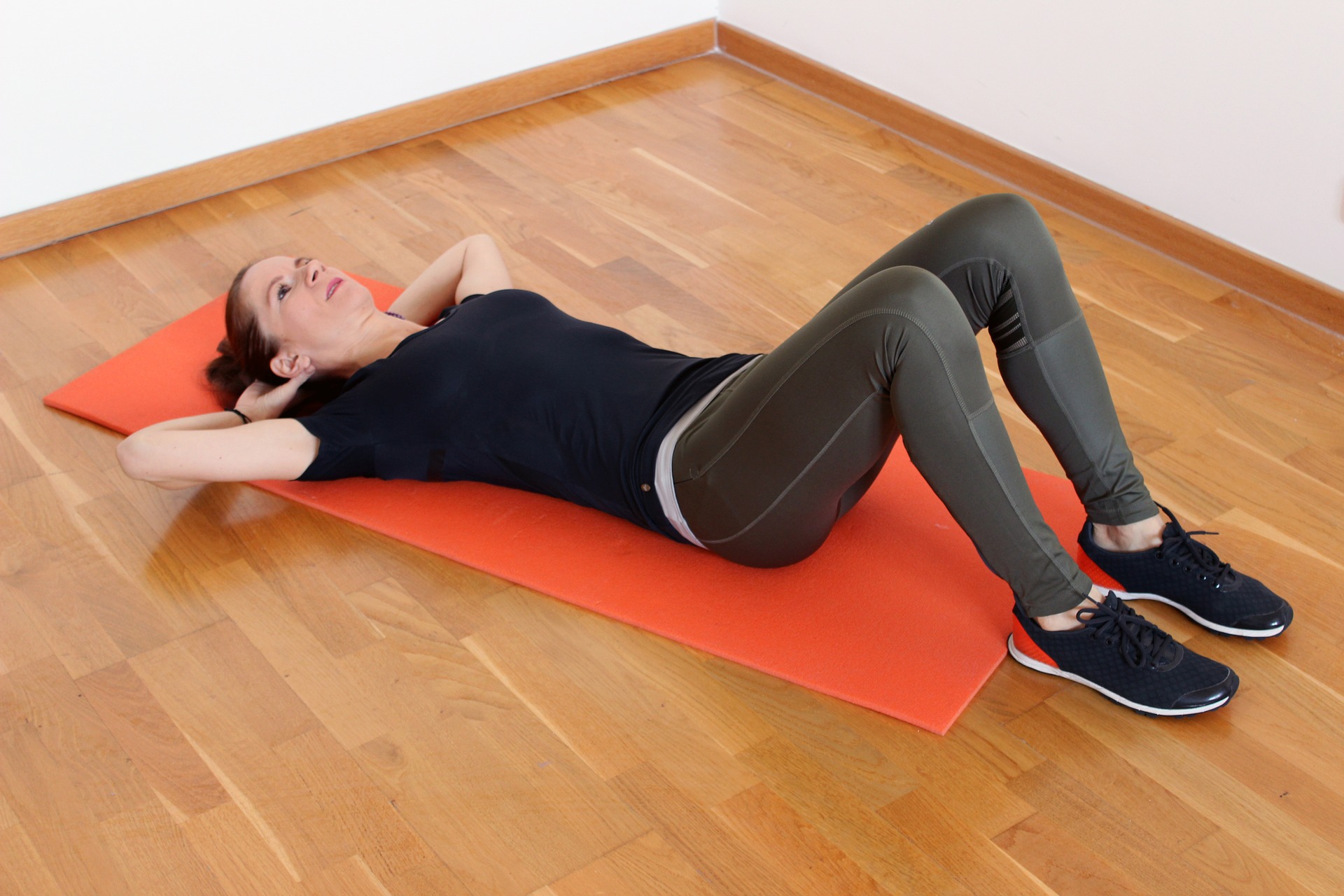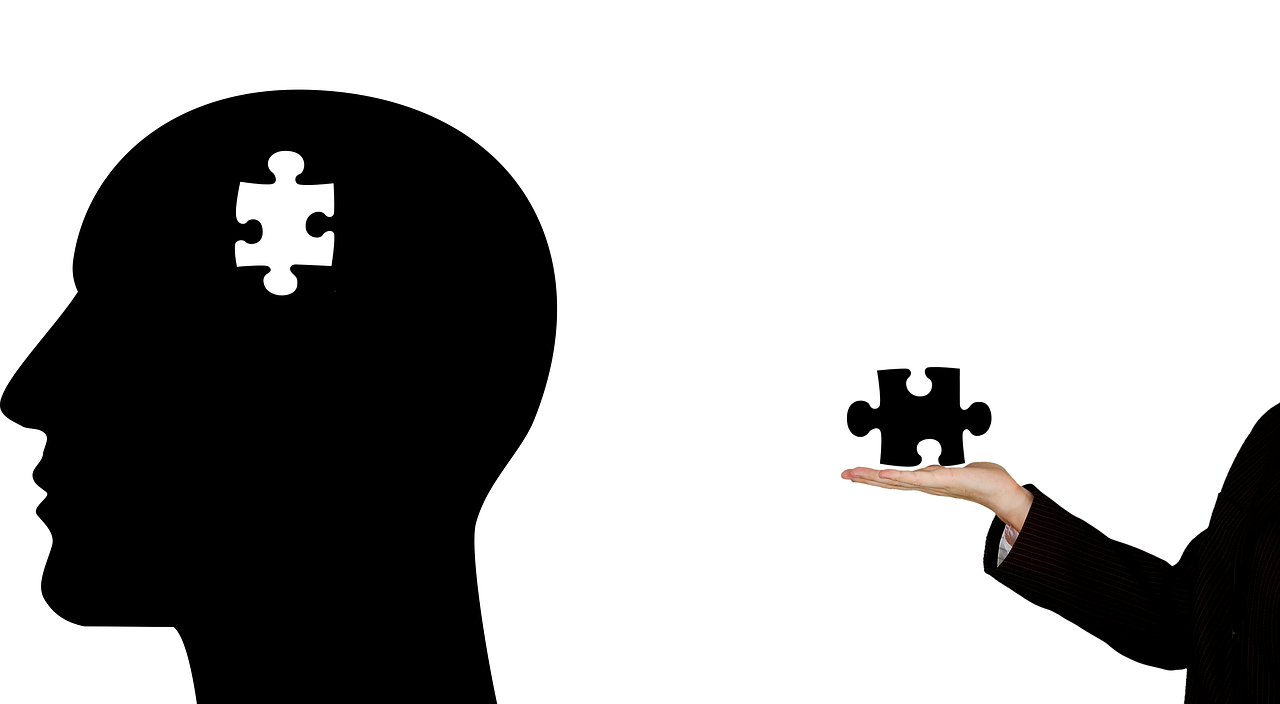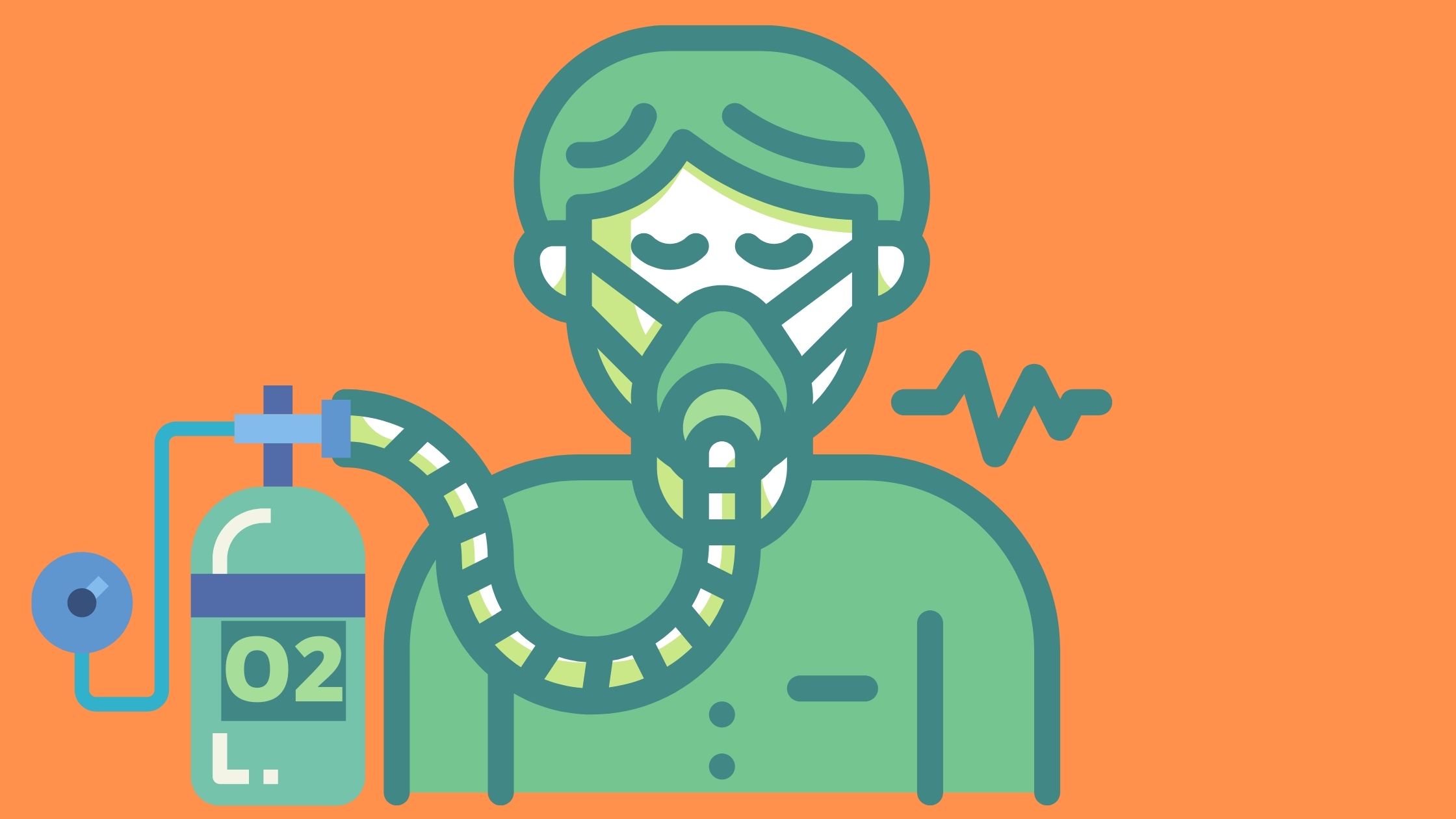![]()
Chronic Obstructive Pulmonary Disease (COPD) is a chronic lung disease that makes breathing difficult. It is a progressive condition that worsens over time, and it affects millions of people around the world. COPD is often caused by smoking or exposure to other pollutants and chemicals, and it is characterized by symptoms such as shortness of breath, wheezing, chest tightness, and chronic cough.
{{cta('fa8abc2a-1e88-4fa3-82fd-1cb5b9ed43b2','justifycenter')}}
While the physical symptoms of COPD are well-known, what is less understood is the emotional impact that the disease can have on patients.
COPD patients often experience significant emotional problems such as depression, anxiety, and social isolation. This article will explore the connection between COPD and emotional problems and provide some tips on how to cope with these challenges.
The Connection between COPD and Emotional Problems
COPD patients often experience a range of emotional problems that can significantly impact their quality of life. Depression is one of the most common emotional problems associated with COPD, with studies suggesting that up to 50% of COPD patients experience depression at some point in their lives. Anxiety is also common, with up to 25% of COPD patients experiencing anxiety symptoms.
Isolation and COPD

Social isolation is another significant issue for COPD patients. The physical limitations of the disease can make it difficult for patients to engage in social activities and maintain social connections. This can lead to feelings of loneliness and isolation, which can further exacerbate emotional problems such as depression and anxiety.
The exact reasons for the connection between COPD and emotional problems are not fully understood, but there are several factors that may contribute to this link. One of the primary factors is the impact that the physical symptoms of COPD can have on a patient's quality of life.

The shortness of breath, wheezing, and chest tightness associated with the disease can make it difficult for patients to engage in activities they once enjoyed, which can lead to feelings of frustration, sadness, and hopelessness. This is a normal reaction to having a life altering disease like COPD.
Decline in Physical Health
The impact of COPD on a patient's physical health can also contribute to emotional problems. COPD patients may experience fatigue, weight loss, and muscle weakness, which can further impact their quality of life and lead to feelings of depression and anxiety. Additionally, the medications used to treat COPD can have side effects that contribute to emotional problems, such as insomnia, anxiety, and mood swings.

Not being able to perform daily tasks or activities they once enjoyed can lead to mental health decline. The side effect of medication can alter one’s feelings and emotions in a negative way, either directly or indirectly playing into how someone is able to regulate their mood.
Lack of Social Interaction
Finally, the social impact of COPD cannot be overlooked. COPD patients may feel stigmatized or ashamed of their disease, particularly if it is caused by smoking. This can lead to feelings of isolation and shame, which can further exacerbate emotional problems such as depression and anxiety.

COPD, or Chronic Obstructive Pulmonary Disease, is a progressive respiratory condition that can have a significant impact on a person's ability to engage in social interactions. Here are some ways in which COPD can lead to social interaction decline:
1. Physical limitations: COPD can cause shortness of breath, fatigue, and weakness, which can make it difficult for individuals to participate in social activities. For example, they may have trouble walking long distances, climbing stairs, or carrying heavy objects, which can limit their ability to attend social events or engage in activities with others.
2. Anxiety and depression: COPD can be a challenging and isolating condition, and it is common for individuals with COPD to experience anxiety and depression. These mental health conditions can make it difficult for individuals to engage in social interactions, as they may feel self-conscious or overwhelmed in social situations.
3. Communication difficulties: COPD can affect a person's ability to speak clearly or loudly, which can make it difficult for them to communicate effectively in social situations. This can lead to feelings of frustration, embarrassment, or social isolation.
4. Stigma and discrimination: Unfortunately, there can be stigma and discrimination associated with COPD, particularly if the individual is a current or former smoker. This can lead to social isolation and exclusion, as others may avoid interacting with them or make negative assumptions about their lifestyle choices.
Maintaining Social Interactions
As we mentioned, COPD can have a significant impact on a person's social interactions, which can lead to feelings of isolation and loneliness.

It is important for individuals with COPD to seek support and resources to help them manage their condition and maintain social connections. AS hard as this can be, finding a way to be motivated to interact with fellow COPD patients or friends can significantly impact a COPD patient’s mental health positively.
COPD (Chronic Obstructive Pulmonary Disease) can make it difficult for people to engage in social activities due to shortness of breath and fatigue. However, there are ways to stay sociable despite COPD:
1. Manage your symptoms: Proper management of COPD symptoms, including shortness of breath and fatigue, can help you feel better and more comfortable during social activities. Make sure to follow your treatment plan and take your medications as prescribed. If you use oxygen, make sure you have the best oxygen device available. If you have an oxygen tank, consider purchasing a portable oxygen concentrator from LPT Medical.
2. Plan ahead: If you have an event or social activity planned, make sure to plan ahead and conserve your energy. Take breaks when needed, and try to schedule activities during times when you feel most alert and energized.
3. Choose appropriate activities: Consider participating in activities that don't require too much physical exertion, such as board games, book clubs, or gardening. You can also look for support groups for people with COPD, where you can connect with others who understand what you're going through.
4. Practice breathing techniques: Breathing techniques such as pursed-lip breathing and diaphragmatic breathing can help improve your lung function and reduce shortness of breath. Practice these techniques regularly to make it easier to participate in social activities.
5. Bring along oxygen: If you require oxygen therapy, make sure to bring along your portable oxygen device to social activities. This will allow you to participate without worrying about running out of breath.
6. Communicate with others: Let your friends and family know about your COPD and how it affects your ability to engage in social activities. They can provide support and understanding, and may be able to help you find social activities that are suitable for your needs.
By following these tips, people with COPD can remain sociable and enjoy an active social life, while still managing their condition.
More Tips for Coping with Emotional Problems Associated with COPD

While the emotional problems associated with COPD can be challenging, there are several strategies that patients can use to cope with these challenges.
1. Seek Professional Help: One of the most important things that COPD patients can do is seek professional help for their emotional problems. This may involve working with a therapist or counselor to develop coping strategies and address underlying emotional issues.
2. Stay Active: While the physical limitations of COPD can make it difficult to engage in physical activity, it is important for patients to stay as active as possible. Exercise has been shown to have significant benefits for both physical and emotional health, and can help COPD patients maintain their physical and emotional well-being.
3. Maintain Social Connections: Social isolation is a significant issue for COPD patients, and it is important for patients to maintain social connections as much as possible. This may involve joining a support group, participating in online forums, or finding other ways to connect with other people who understand what they are going through.
4. Practice Relaxation Techniques: Relaxation techniques such as deep breathing, meditation, and yoga can help COPD patients manage stress and anxiety. These techniques can be particularly helpful for patients who experience shortness of breath or other physical symptoms of the disease.
5. Focus on the Positive: Finally, it is important for COPD patients to focus on the positive aspects of their lives. This may involve setting goals for themselves, focusing on their accomplishments, and finding ways to enjoy life despite the challenges of the disease.
Having Oxygen Equipment that Helps your Mental Health
COPD stands for Chronic Obstructive Pulmonary Disease, which is a lung disease that makes it difficult for a person to breathe. A portable oxygen concentrator is a medical device that can help someone with COPD by providing them with supplemental oxygen.
People with COPD often have trouble getting enough oxygen into their lungs, which can make it difficult for them to do everyday activities like walking or climbing stairs. Portable oxygen concentrators work by taking in air from the surrounding environment, filtering out nitrogen and other gases, and delivering pure oxygen to the user through a mask or nasal cannula.
.png)
By using a portable oxygen concentrator, a person with COPD can increase their oxygen levels and make it easier to breathe. This can help them to be more active, improve their quality of life, and reduce the risk of complications from low oxygen levels. The ARYA Airvito Max is a great example of one of the best selling pulse flow portable oxygen concentrators on the market. You can learn more about that device and others like it by calling 1-888-416-3855 today.
Additionally, portable oxygen concentrators are small and lightweight, which makes them easy to carry around and use on-the-go. This can be especially beneficial for people with COPD who want to maintain their independence and continue to do the things they love, even if they require supplemental oxygen.

Overview
COPD is a chronic lung disease that affects millions of people around the world, and you are not alone in how this disease impacts your mental health. While the physical symptoms of the disease are well-known, the emotional impact of COPD is less understood.
COPD patients often experience significant emotional problems such as depression, anxiety, and social isolation, which can significantly impact their quality of life.
However, there are several strategies that patients can use to cope with these challenges and we hope the ideas laid out in this article help you find ways to cope more effectively.
You can try seeking professional help, staying active, maintaining social connections, practicing relaxation techniques, and focusing on the positive aspects of their lives. By taking these steps, COPD patients can improve their emotional well-being and maintain their quality of life.
